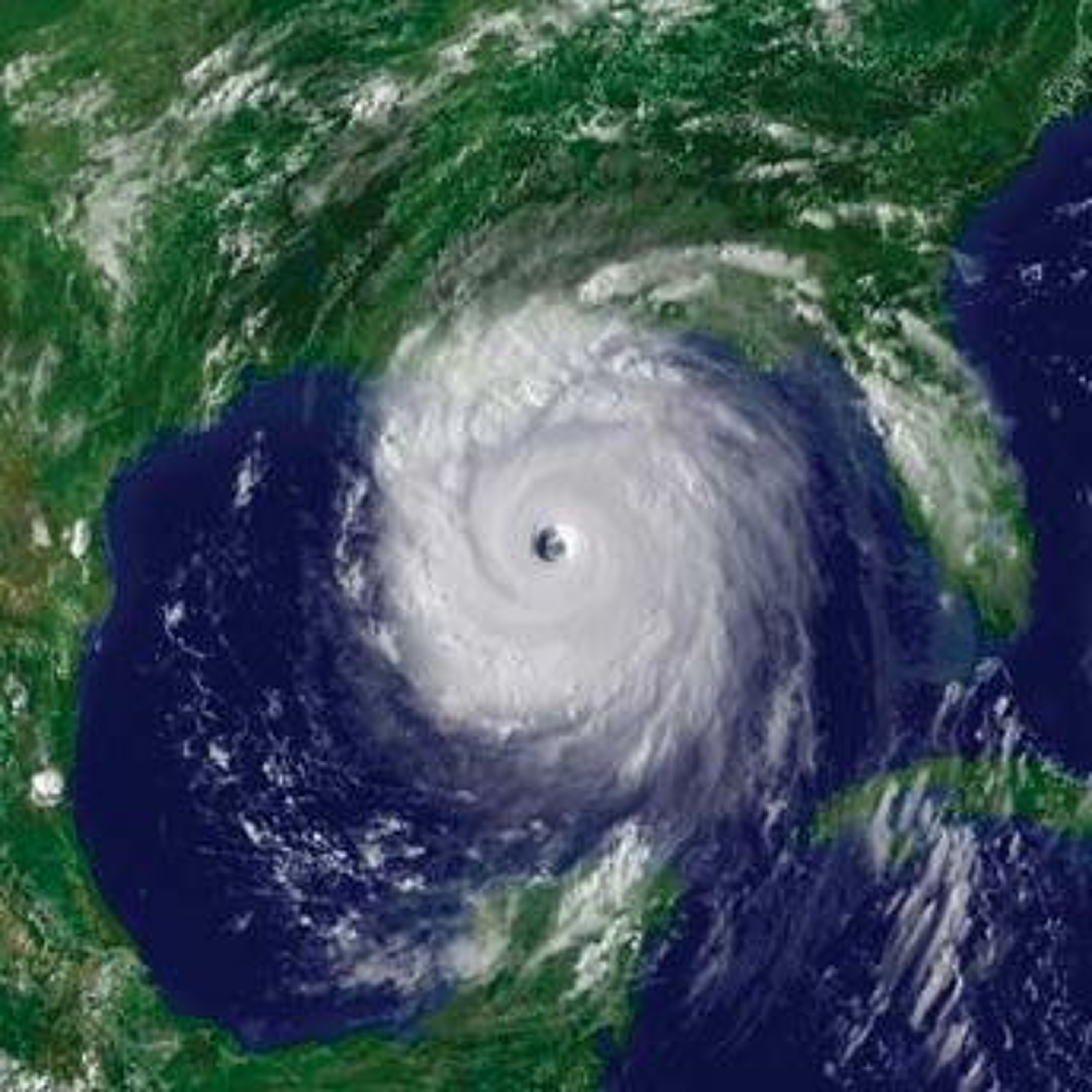Brian Wolshon
Edward A. and Karen Wax Schmitt Distinguished Professor of Engineering Louisiana State University
- Baton Rouge LA
Internationally recognized expert on emergency and evacuation traffic planning and management
Areas of Expertise
Biography
Research Focus
Hurricane Evacuation & Emergency Traffic Management
Dr. Wolshon’s research focuses on transportation systems under stress—hurricane evacuation, contraflow operations, and special-event traffic management—linking traffic engineering with emergency management and resilience. He uses microsimulation, traffic-sensor analytics, and field evaluations with agencies to optimize evacuation plans, manage congestion, and harden critical transportation infrastructure.
Education
Wayne State University
B.S.
Physics
1988
Michigan State University
M.S.
Civil Engineering, with an emphasis in transportation engineering
1990
Michigan State University,
Ph.D.
Civil Engineering, with an emphasis in transportation engineering
1997
Accomplishments
Edward A. and Karen Wax Schmitt Distinguished Professorship
2010
Faculty Research Achievement Award
2014
LSU Department of Civil and Environmental Engineering
James M. Todd Technical Accomplishment Medal
2017
Louisiana Engineering Society
Media Appearances
Future of Transportation | Dr. Brian Wolshon
PBS online
2019-09-04
Future of Transportation with Connected and Self-Driving Vehicles
As Ian's death toll rises, questions swirl on why more Floridians didn't evacuate
NPR online
2022-10-08
Wolshon says in a disaster with so many deaths, a post-storm analysis will examine why so many people failed to evacuate. "We're going to look at that and say, 'Where in that chain could it have been communicated earlier, or better, or more effective?'"
LSU professor recalls role in Katrina contraflow plan
WWLTV online
2025-08-18
Contraflow has not been used to evacuate the New Orleans area since Hurricane Gustav, thanks to the 72-hour notice required to put it into effect and the fact that storms rapidly intensify more often now. But the researcher who led the effort to implement it in the first place says he is optimistic it could help in the future.
How contraflow lane reversal was used in Hurricane Katrina evacuations
Fox Weather online
2025-09-01
Dr. Brian Wolshon was the LSU civil engineer who pioneered contraflow lane reversals—turning inbound highways into outbound lifelines.During Hurricane Katrina, contraflow was used during the evacuation process. Wolshon joins FOX Weather to talk more about the concept and his research.
Articles
Freeway Incident Diversionary Behavior as a Measure of Transportation Network Resilience
Transportation Research Record: Journal of the Transportation Research Board2022-08-23
Traffic flow disruptions caused by road incidents reduce the performance of transportation networks. Under such conditions, drivers often attempt to reduce delay by diverting to alternate paths, redistributing trips to less congested routes. In the absence of route guidance information, the speed and efficiency of network recovery are most significantly influenced by driver familiarity with a network and, in particular, its daily variability.
COVID-19, traffic demand, and activity restriction in China: A national assessment
Travel Behaviour and Society2023-04-01
The global COVID pandemic of 2020, affected travel patterns across the world. The level of impact was influenced not only by the virus itself, but also by the nature, extent, and duration of governmental restriction on commerce and personal activity to limit its spread. This paper focuses on the interaction between COVID-19 transmission and traffic volume and further explores the impact of traffic control policies on the interaction.
Disruptions in Megaregional Network Evacuations: Identifying and Assessing Critical Links
Transportation Research Record: Journal of the Transportation Research Board2023-04-04
Mass evacuations are a protective action to move large populations from hazardous areas to safety. However, even the best-planned evacuations can be slowed by unexpected disruptions, such as traffic incidents. Even minor disruptions can significantly slow evacuations, so it is critical to understand which links are most vital to the operation of the system.
Truck Traffic during COVID-19 Restrictions
Journal of Transportation Engineering2024-02-23
The global COVID-19 pandemic had an unprecedented impact on transportation worldwide. Significant decreases in transportation across all modes were evident and sustained as governments worldwide implemented various countrywide closures and quarantine restrictions to slow the spread of the virus.
Understanding and Modeling Drivers’ Diversion Behavior during Congestion
Journal of Transportation Engineering2025-01-06
Traffic congestion causes significant economic losses due to delays and excessive fuel consumption. Understanding drivers’ behaviors, particularly in terms of diversionary routing to avoid congestion, is crucial for addressing this issue.






